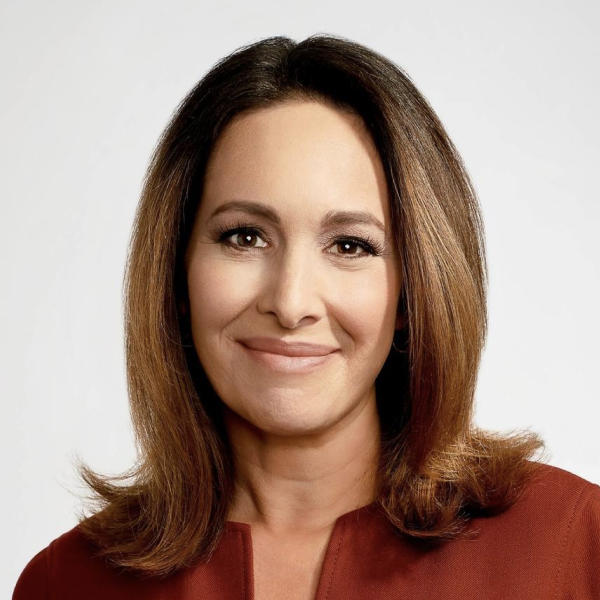Fact Check: Health Care Reform Claims
Congress has begun its Thanksgiving break, with Senate Democrats going home thankful they cleared a major hurdle on health care reform after voting to open a floor debate when they get back next week.
Meanwhile, debate continues all over the airwaves about what the House and Senate bills would really mean for ordinary Americans. CBS News congressional correspondent Nancy Cordes has a reality check.
Add the Senate and House bills together and they are 4,064 pages worth of reforms that Democrats say will revolutionize the health care system and Republicans say will bankrupt it.
No wonder many Americans have doubts. Citizens told us they think Congress is "Rushing it through. They should give it more thought," and, "I don't think I want a public option because I don't think the government handles things too well."
Concerns run so deep, that the most recent CBS News poll shows only 40 percent of Americans approve of the proposed health care plans in Congress while 45 percent disapprove.
Special Report: Health Care Reform
Polls show one of their main concerns is the price tag: around $1 trillion over 10 years. Reality check takes a closer look.
Claim: The health care proposals will boost the deficit
Fact: That's not true, according to the non-partisan Congressional Budget Office which analyzed both health reform bills. CBS News found the Senate bill would not only pay for itself, through a raft of cuts and taxes, but would actually reduce the deficit by $130 billion over 10 years. Likewise, the House bill would put $138 billion back into the budget.
But there's a catch, say Republicans. They argue Democrats artificially lowered the cost of reform by imposing new taxes years before the tax credits would kick in to help Americans buy insurance.
Missouri Sen. Kit Bond said, "Move over, Bernie Madoff. Tip your hat to a trillion-dollar scam."
Then there's the question of who pays.
Claim: Taxes will go up for everyone
Fact: That's true. But Democrats contend the bills' major taxes are aimed at the wealthiest Americans. The Senate bill, for example, boosts the Medicare payroll tax, but only for individuals making more than $200,000 a year, while the House bill hits those making more than $500,000 with a 5.4 percent surtax on income.
Republicans argue that many of the other proposed taxes - on medical device and drug makers, or on high-cost insurance plans - will quickly get passed along to consumers.
"The truth that nobody will say is, that's how it's supposed to work," said Maya Macguineas of the Committee for a Responsible Federal Budget. "The only way that we're going to create better incentives in health care is if people understand some of the costs."
Meanwhile, by a 4 to 1 margin, the CBS News poll shows seniors are the most concerned that health care reform will hurt, not help them.
Claim: Reform will hurt Medicare
Fact: There will be cuts. The bills would make significant cuts to Medicare - in the case of the House bill, $573 billion worth of cuts over 10 years.
That's achieved primarily by slowing the growth in Medicare payments to hospitals, nursing homes and rehab centers. Democrats say it's a way to encourage quality of care over quantity.
But the government's Centers for Medicare and Medicaid warn the move might lead hospitals to "end their participation" in Medicare.
What many Americans are wondering, of course, is what they're getting in return for all these cuts and taxes. Will health care reform actually reduce health care costs?
Claim: Reform won't cut health care costs
Fact: No one knows. The fact is, no one knows whether reform would bend the cost curve downward or drive some premiums up. And then there are other problems. That hotly debated public insurance option would only cover an estimated 3 to 6 million people and wouldn't kick in for 4 or 5 years. Plus both the Senate and House bills would leave at least 12 million Americans uninsured.
The real strength of the plans, experts say, lies in the generous tax credits that will help millions of low- and middle-income Americans pay for their health insurance.
"I think the most important part of all of the bills is that it recognizes that health insurance for families is a matter of affordability," said Diane Rowland of the Kaiser Family Foundation.
When it comes to health care reform, Americans may be uncertain about the details, but 8 in 10 tell CBS News there is a need for fundamental change.
Congress, however, is finding that the path toward health care reform is not as clear as the nation's wish to get there.
